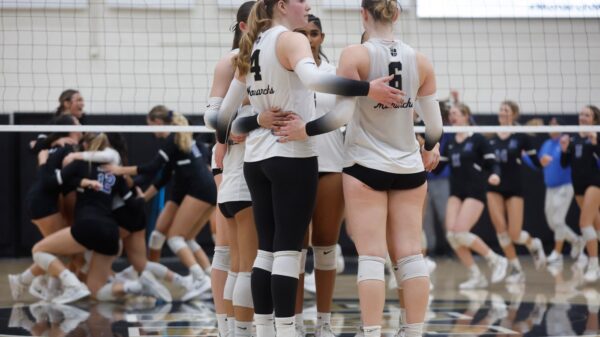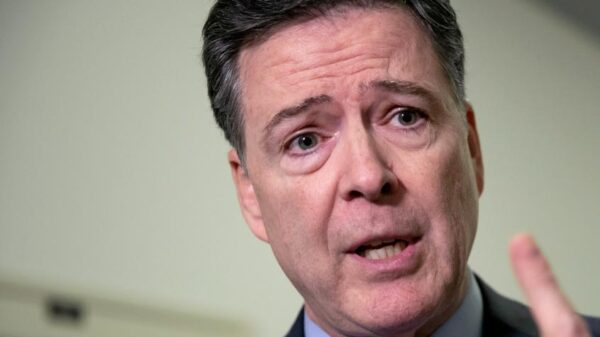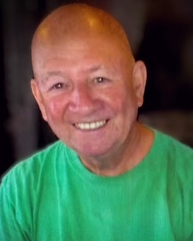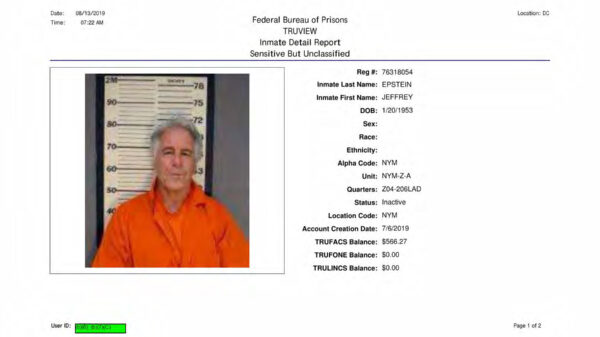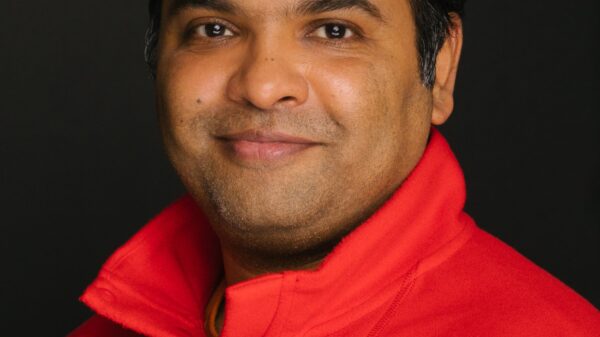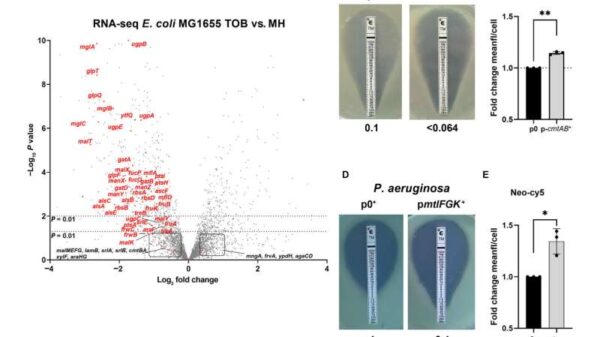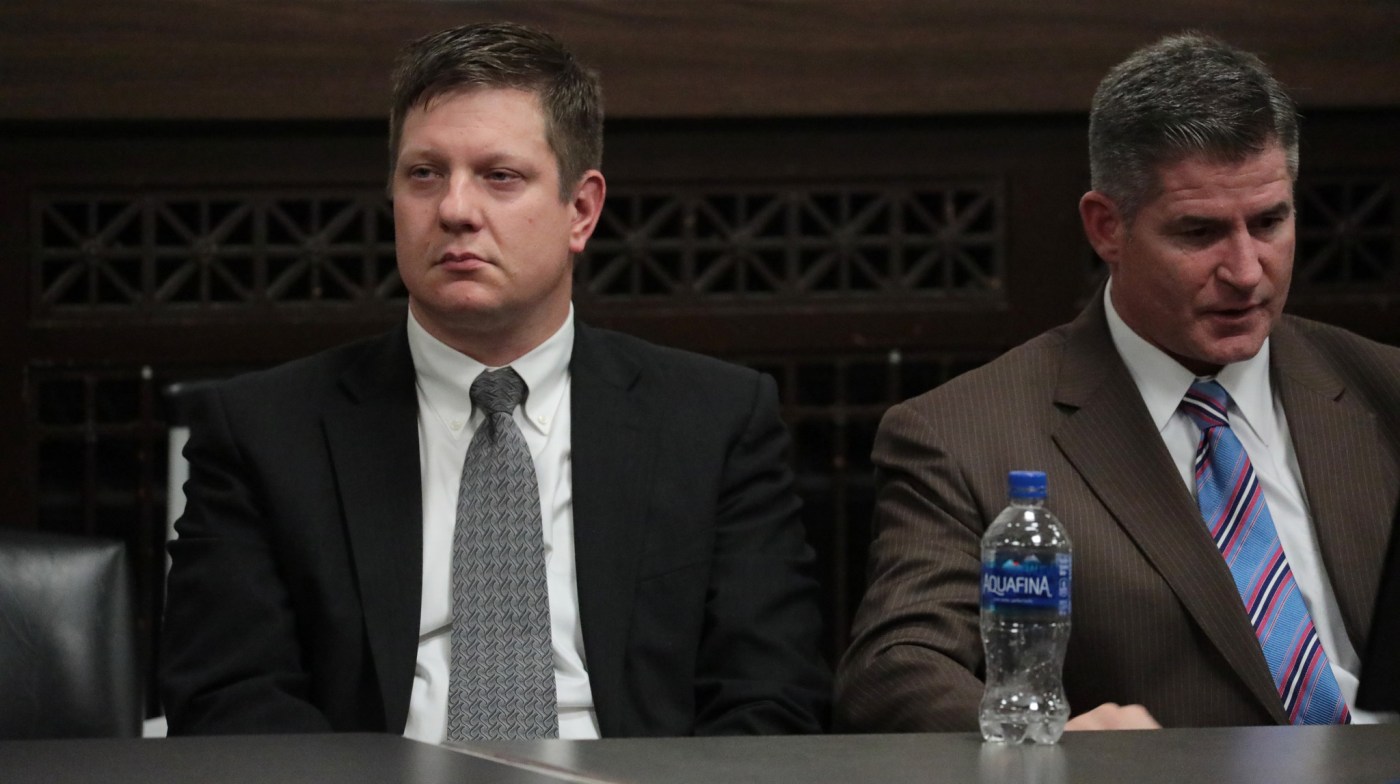BREAKING: Former Chicago police officer Jason Van Dyke has been released from custody today after serving 3 years and 4 months for the murder of Laquan McDonald, a Black teenager killed in 2014. This pivotal case remains a significant moment in discussions surrounding police accountability and racial justice.
On October 5, 2018, a jury in Chicago convicted Van Dyke of second-degree murder for the shooting death of McDonald, which sparked widespread protests and demands for police reform. The release of Van Dyke is raising questions about the ongoing impact of this case on community relations and police practices.
Laquan McDonald was just 17 years old when he was shot 16 times by Van Dyke, an incident captured on video that fueled outrage across the nation. The footage, released to the public a year after the shooting, showed McDonald walking away from officers when he was shot, igniting debates about police use of force.
Authorities are now monitoring reactions within the community, as this development is expected to reignite discussions surrounding police reform and accountability measures. Advocates for justice are calling for renewed efforts to address systemic issues within law enforcement.
As the nation reflects on the implications of this case, many are left asking: What does Van Dyke’s release mean for the future of police accountability? Community leaders and activists are organizing discussions to address these urgent questions.
Today also marks a significant moment in history, with other incidents of note occurring on this date. For instance, on this day in 1892, the notorious Dalton Gang was nearly wiped out during a bank robbery in Coffeyville, Kansas. This date serves as a reminder of America’s complex history with law enforcement.
As reactions unfold, stay tuned for updates and further developments on this critical issue. The conversation surrounding police reform and justice for victims of police violence continues to evolve, highlighting the need for systemic change.
For those interested in the broader implications of this case, community forums and discussion panels are expected to take place over the coming weeks, aiming to foster dialogue and promote positive change.


